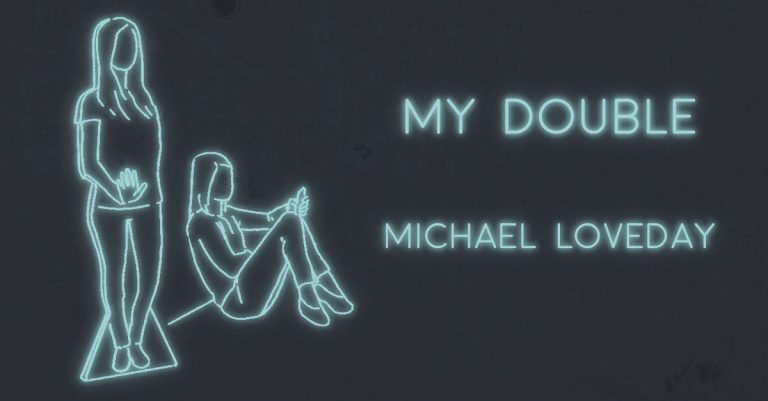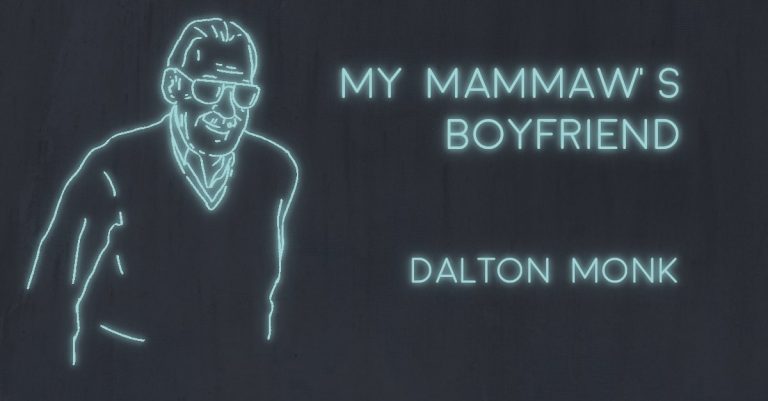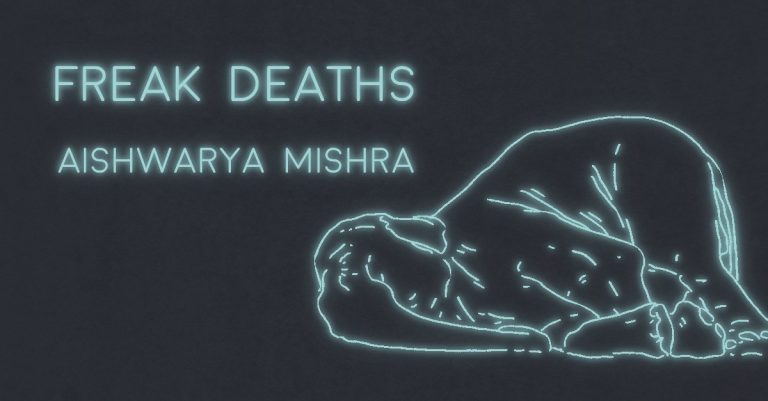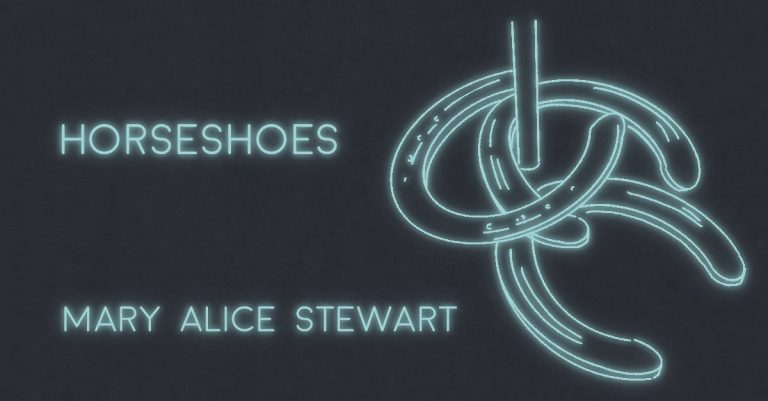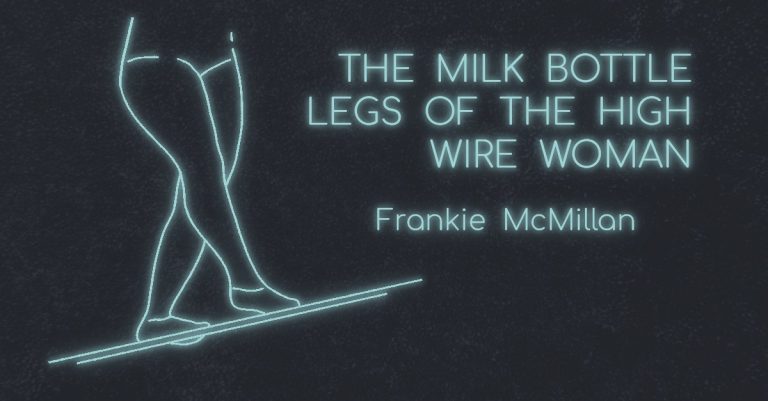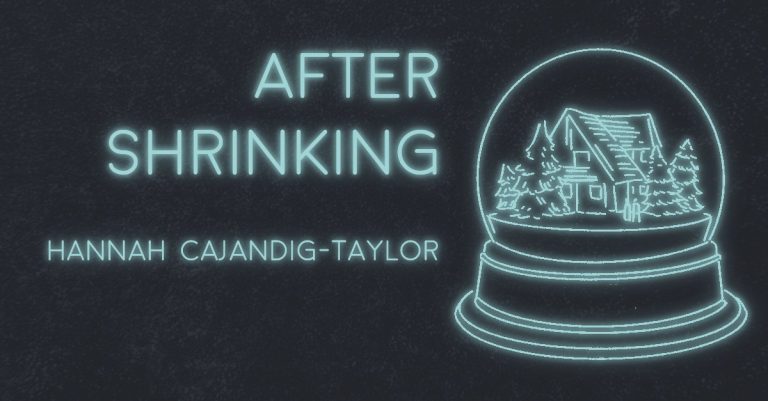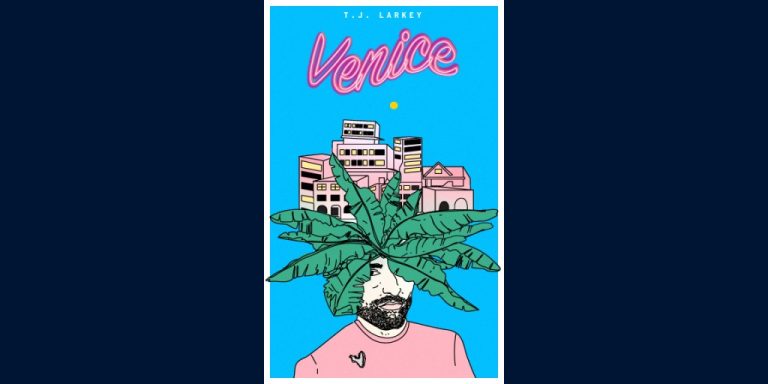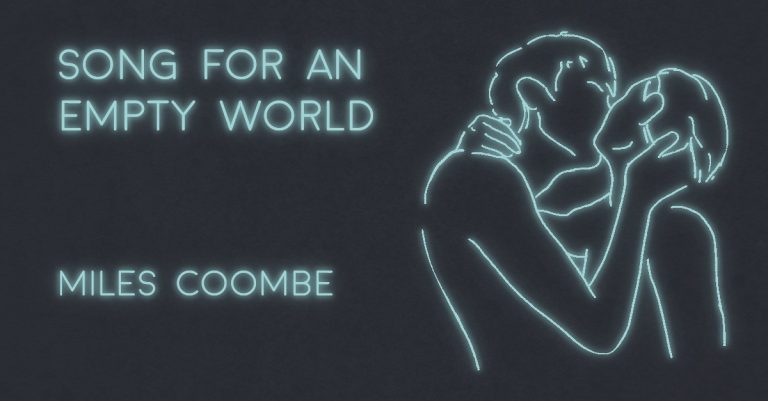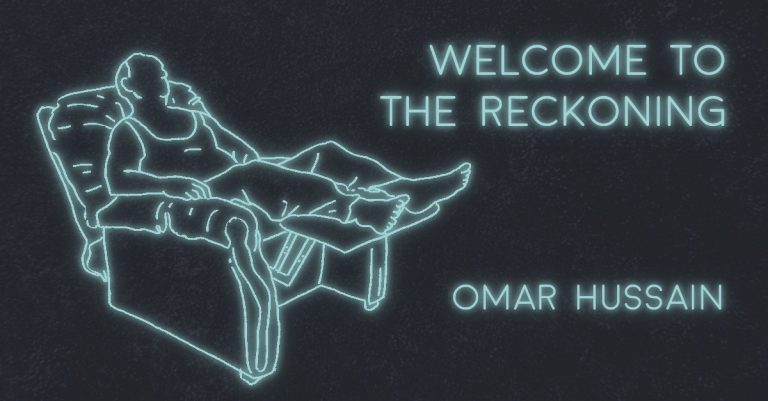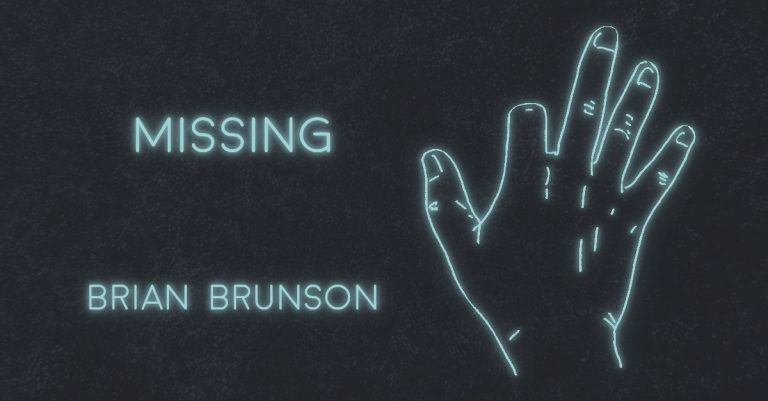
MISSING by Brian Brunson
Recollection A: He has a distinct memory of being told the story about Uncle Ringo’s missing index finger. More like he remembers that at one point it was a distinct memory. But that was years ago, when he was five or six, and nothing from way back then is distinct. Still, he is sure that his mother, standing in the kitchen, making fried chicken for dinner, told him and his brother that their Uncle Ringo lost his finger when he was sixteen in a meat grinder in the deli he worked at after school Recollection B: Somewhere, sometime, he is

